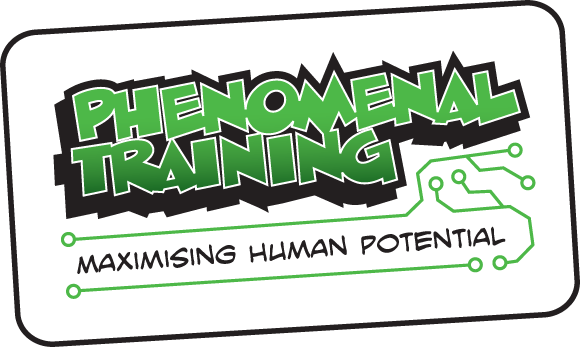“He’s cheated on me, again. But we’ve been together 15 years, so if I leave him now I’m just throwing all that time away…”
“The car’s playing up again. But I’ve just had a new catalytic converter put in so I’m not getting rid of it…”
“The new product’s just not selling. But we pouring in so much R&D and testing funding we can’t give up on it…”
 Sound familiar? Not long ago I was having a conversation with a friend and, as is almost inevitable with the second bottle, we turned to philosophical questions of the human condition. Specifically: can one ever be rational in making relationship decisions? She had been introduced to the phrase ‘Sunk Cost Fallacy‘, which is where our decisions are tainted by the emotional investments we accumulate. By extension, the more we invest in something the harder it becomes to abandon it. A gambler will build on this to continue playing to override the crushing reality of an unhealthy or parasitic situation.
Sound familiar? Not long ago I was having a conversation with a friend and, as is almost inevitable with the second bottle, we turned to philosophical questions of the human condition. Specifically: can one ever be rational in making relationship decisions? She had been introduced to the phrase ‘Sunk Cost Fallacy‘, which is where our decisions are tainted by the emotional investments we accumulate. By extension, the more we invest in something the harder it becomes to abandon it. A gambler will build on this to continue playing to override the crushing reality of an unhealthy or parasitic situation.
What the gambling addict may know, but cannot accept is Casino Rule #1: the house always wins. Thankfully, the deck is not so heavily stacked against us when we have to make important life decisions, but the Sunk Cost Fallacy is a seductive one. After all, who wants to believe that their efforts, investments and sacrifices have been a total waste of bloody time? Part of the complication of being human is that we sometimes plough resources (emotional, physical, monetary) into lost causes, with a flagrant, sometimes gleeful disregard for logic.
What’s that? We’re three paragraphs in with no mention of robots?? LET’S FIX THAT!
Inevitably a robot, programmed with the right kind of cost/benefit analysis AI, would not succumb to the sunk cost fallacy when, for example, deciding whether to invest in certain stock on the financial markets. BlackRock (world’s largest investment manager, based on 2016 figures of $5.1 trillion) (yes, trillion) talks on their site about the rapid growth of digital advisors – known as ‘robo-advisors’ as part of the evolving landscape in which financial and investment advice is given – mentioning ‘algorithm design and oversight’ as being one of the top 5 specific areas to consider. So does this mean us humans will be edged out of decision-making roles by AI because we are hysterical, irrational and at the mercy of our emotions?
I’m not sure it’s as binary as that. We humans haven’t got to where we are today without there being some form of evolutionary benefit to our behaviours. Also, crucially, surely the upside of the Sunk Cost Fallacy is hope. Want to see the power of hope and “Yes We Can”? Ask the millions of Americans who now have access to basic healthcare thanks to ObamaCare.
On a more personal level, I feel all warm and fuzzy when I listen to people talking about their new relationships, and the new positive direction their courage and hope has taken them. I think, like anyone in a recovery situation, the key is about stepping out of denial, facing up to reality, accepting responsibility and creating a new pattern of behaviour. AI is already helping humans with this; meet Eliza, the addiction counsellor chatbot http://nlp-addiction.com/eliza/
AI is also creating great stories in other areas of healthcare. It was heartening to hear recently how IBM’s Watson identified a woman’s leukaemia that doctors had missed, and saved her life. The AI took 10mins to trawl 20 million cancer research papers (all, of course, written by humans!) to deliver an accurate diagnosis Better, more informed health-care performed in mutualistic symbiosis. Beautiful!
From a workplace perspective, Sunk cost-immune AI could help companies that are looking to overhaul a legacy of a toxic, rather machismo culture (hellooooo City Boys!) to evolve and make decisions in a logical pragmatic way. This silicon pragmatism could also help where national culture prevents decisions in a certain way.
So, like most things in life, I believe the answer lies in working together; humans doing our everyday-amazing, muddled, optimistic thing, AI supporting us, and providing a sometimes much-needed filter for our behaviours that we know to be holding us back. Like any good friend would.
The robots are coming; look busy!
Laura Tx




Leave A Comment